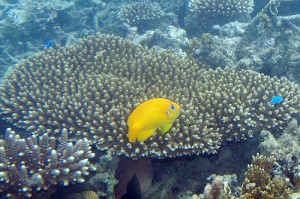 For the first time in the country, beginning a new phase in species conservation, fragments of locally extinct coral reefs have been trans-located and re-introduced in the coastal waters of Gujarat. The corals were collected from Lakshwadeep and relocated 1500 kms away to the coast town of Mithapur.
For the first time in the country, beginning a new phase in species conservation, fragments of locally extinct coral reefs have been trans-located and re-introduced in the coastal waters of Gujarat. The corals were collected from Lakshwadeep and relocated 1500 kms away to the coast town of Mithapur.
The project was the joint effort of the Gujarat Forest Department and Wildlife Trust of India (WTI), supported by the Tata Chemicals Limited (TCL). They were also supported by Lakshadweep Forest Department including Wildlife Warden – Agatti, Abdul Rahem who have previous experience with coral reef conservation.
Rain forests of the Sea
Coral reefs are an important part of the aquatic ecosystem. They provide food and shelter to animals and are known as the rain forests of the sea because of their important role under water. But in the past years corals around the world have been destroyed due to habitat destruction and dumping of waste in the seas and oceans. The destruction of corals is an important indicator of the ecosystem of that area as their existence also ensures the existence of various other sea creatures.
“Coral reefs are called the ‘rainforests-of-the-seas’ because like terrestrial rainforests, they are among the richest ecosystems supporting unimaginably extensive food webs. However, human activities are causing undue damage to this ecosystem too and if we ignore them we risk losing this unique natural heritage,” said Satish K Goyal, Chief Wildlife Warden, Gujarat.
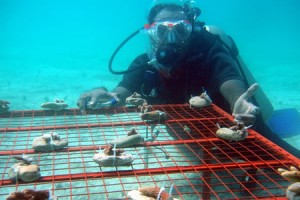 For the project the team collected fragments of Acropora from Agatti island, Union Territory of Lakshadweep where it is still common. These fragments were then carefully translocated to Mithapur town coasts and the marine national park in the Gulf of Kachchh.
For the project the team collected fragments of Acropora from Agatti island, Union Territory of Lakshadweep where it is still common. These fragments were then carefully translocated to Mithapur town coasts and the marine national park in the Gulf of Kachchh.
“There is an overall decline in the distribution of Acropora in Gujarat, and live Acropora have not been sighted here for several decades now,” said Pradeep Khanna, Principal Chief Conservator of Forests, Gujarat. “Success of this effort will begin a new era in conservation of marine biodiversity.”
Corals are formed by sea animals known as coral polyps. These might be as small as a pin head or a foot long. According to WTI, the calcium carbonate exoskeleton of millions of these polyps fused together result in the formation of coral reefs. These corals are extremely sensitive to water condition and changes may cause the whitening of the corals and untimely deaths.
In India, four major coral reef ecosystems exist in Andaman & Nicobar islands, Lakshadweep islands, Gulf of Mannar in Tamil Nadu and Gulf of Kachchh in Gujarat.
“Marine National Park has a good coral diversity with about 49 species. Acropora used to be present here, about four decades ago, but now only dead remnants are found in most of the intertidal zone of the Park. This effort of reintroducing the species of Acropora in Marine NP is highly commendable provided this species survives. We will be observing to keep track of how the transplanted fragments fare,” said RD Kamboj, Chief Conservator of Forests, Marine NP.“In a nutshell, the reintroduction involved collecting fragments from Lakshadweep, transporting them to Gujarat and implanting them in Mithapur and Marine NP. However, the actual process is anything but simple,” said Subburaman S, Field Officer, WTI.
Team effort
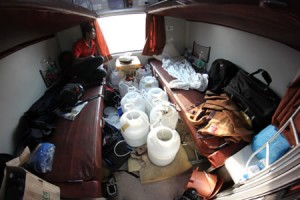 The most challenging part for the team was the transport of the corals from one place to the other. It took a journey of four days by road, ship and train to take the corals to their final destination in Gujarat.
The most challenging part for the team was the transport of the corals from one place to the other. It took a journey of four days by road, ship and train to take the corals to their final destination in Gujarat.
Live corals are very climate sensitive and very delicate. The fragments had to be kept alive without any vibrations, temperature variations etc. The distance too was not short and involved a long train journey.
“In a nutshell, the reintroduction involved collecting fragments from Lakshadweep, transporting them to Gujarat and implanting them in Mithapur and Marine NP. However, the actual process is anything but simple,” said Subburaman S, Field Officer, WTI.
“Transport of live corals over such a distance has never been tried before. The challenge lied in keeping the fragments alive out of its natural surrounding for such a long time and with disturbances including vibrations, change in temperature and light conditions, oxygen content among others,” he added.
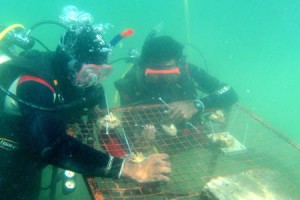 Before the actual move, the team experimented and devised the best methods of moving the corals safely.
Before the actual move, the team experimented and devised the best methods of moving the corals safely.
“We observed stress in some of the fragments but these were revived and transplanted as planned. Of the 22 fragments brought from Lakshadweep, 80% survived. We are now carrying out observations to see how they fare in their new surrounding. So far the fragments are healthy,” added Goutham S, Assistant Field Officer, WTI, who was a part of the team handling the preparations in Mithapur.
The pioneering effort will surely pave way for more such projects in other parts of the country. With corporate involvement, expert help and willingness to really change the degrading environment for the better, such feats can be achieved again and again.
Here’s wishing that the team’s effort is really rewarded and the coral reefs once again make the Gujarat coasts their home.
More related stories,
Gujarat Plans to Create First Gene Bank for Animals in India
Ghost Fishing Scare at Gujarat Coasts
India’s First Marine Research Centre and Park to come up in Gujarat
Reference and image courtesy: Wildlife Trust of India
Coral image via cc/Flickr by Paul and Jill



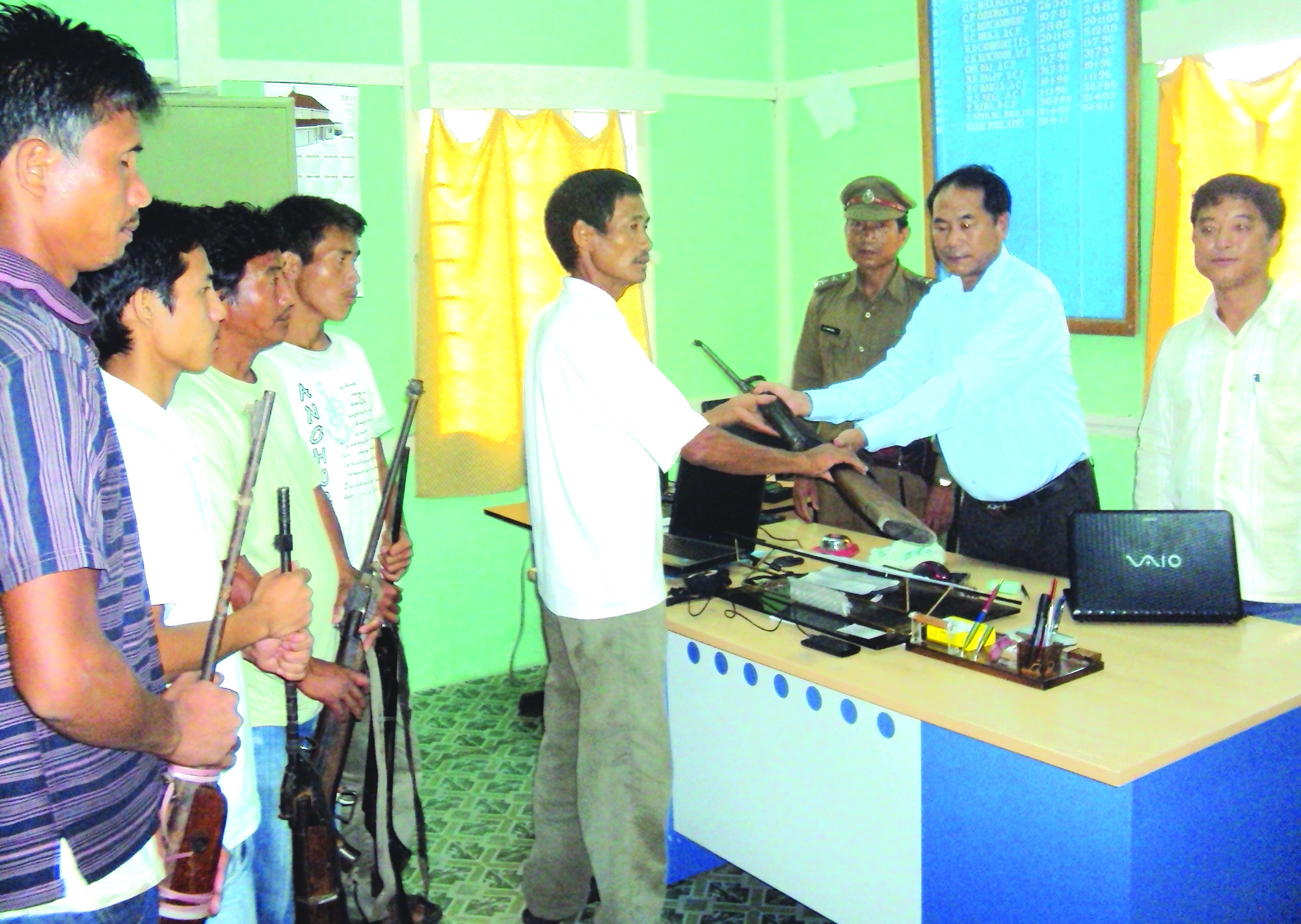


4 thoughts on “Extinct Corals make Gujarat Coasts their Home once again”